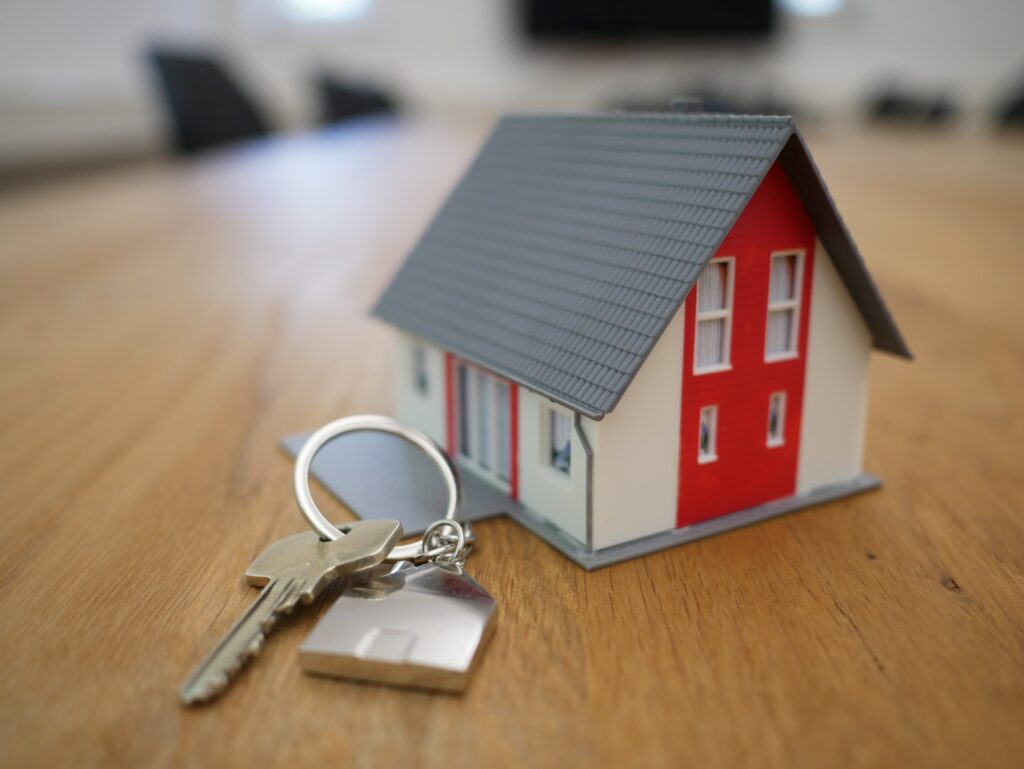Whether you are a first-time home buyer or you’ve been through the process before, we all know that it is a big ticket purchase that needs to be planned to every last detail. Since various aspects of purchasing a home need to be preplanned, here are the top 10 things you need to consider before buying one.
Know your limits and plan accordingly
When we know it is time to buy a house, we are excited. But it is essential to understand that a home can be as expensive as we want it to be, and it is essential to answer how much you can afford it.
The first factor in the list is your budget. It would help to plan a price range you are willing to spend and start looking at options.

Taking a loan
Taking a loan to purchase a house is a big financial decision, and you need to plan it accordingly. Mark out funds available for the down payment, the amount you need as a loan, the interest you need to pay over the loan tenure, and the loan tenure itself. Once all the details are marked, you can consider home loan options like quick home loans.
Down Payment
You also need to ensure financial stability and the ability to pay off the loan in full. It always helps to set aside a certain amount of funds to cover at least 3-4 months of installments as a secure fund. It also helps to have a small passive income, such as a rental or interest-earning, set aside for a rainy day.
Upfront costs
There are various upfront costs for buying a house apart from the down payment.
- Lender’s mortgage insurance: Needed for borrowing over 80% of the purchase value.
- Legal & other fees. Fees for vendors or solicitors involved in facilitating the purchase on your behalf.
- Stamp duty: Government-levied tax on home purchases across Australia
- Building & pest inspection charges: Charges for inspections to ensure that the home is in good condition before you walk through the main door.
Keep hidden costs in mind.
Before you finalize everything, there are a lot of costs that are generally not visible at first glance. These include:
- Council rates
- Mortgage registration fees
- Loan application fees
- Property title transfer fees
- Moving charges
- Renovation fees(if needed)
- Additional insurances
Research your potential purchase
There are loads of properties available in the market for your consideration at any time. If you are looking for the best options, here’s how you can go about it:
- How much space do you need
- What kind of property do you need to purchase
- Which area do you wish to buy in
- What is the purpose of buying the property
- Will it be easy to sell if you need to do so
- What price range does it fall in
Be prepared to negotiate.
Everyone wants a higher price for the property they are selling, but you can counter with logic-based negotiation. The first rule of negotiation is not to give in to pressure and make impulse-driven purchases. You should control your emotions and consider all the factors to justify the price. Then, you can drive the price low based on various factors, such as the property’s condition, surroundings, and market values.
What is on offer, and is it value for money?
The property alone is only part of the consideration option. There are other factors you need to consider, such as:
- Amenities available nearby
- Plans in the area
- Access to transport and main roads
- School zoning
- The neighborhood
Debt-To-Income Ratio
The debt-to-income ratio compares your income and the debt you plan to undertake for the purchase. This determines your ability to fund the purchase. It is always a good idea to borrow more than you can manage. Always study your debt-to-income ratio and plan your monthly expenses, saving, and possible debt limits before getting the loan.
Job Security
Job security or income security is another critical factor. It would help if you planned for contingencies and fallbacks in case you lose your job or primary income source. Always ensure you are prepared with funds for a rainy day and alternate income sources you can rely on if such a thing happens.
Final thoughts
Buying a home is a serious investment and requires a lot of planning and strategizing. It would help if you kept a lot in mind, including needs, finances, legalese, and your requirements. However, after all these efforts, you get to see your dream turn into reality.

